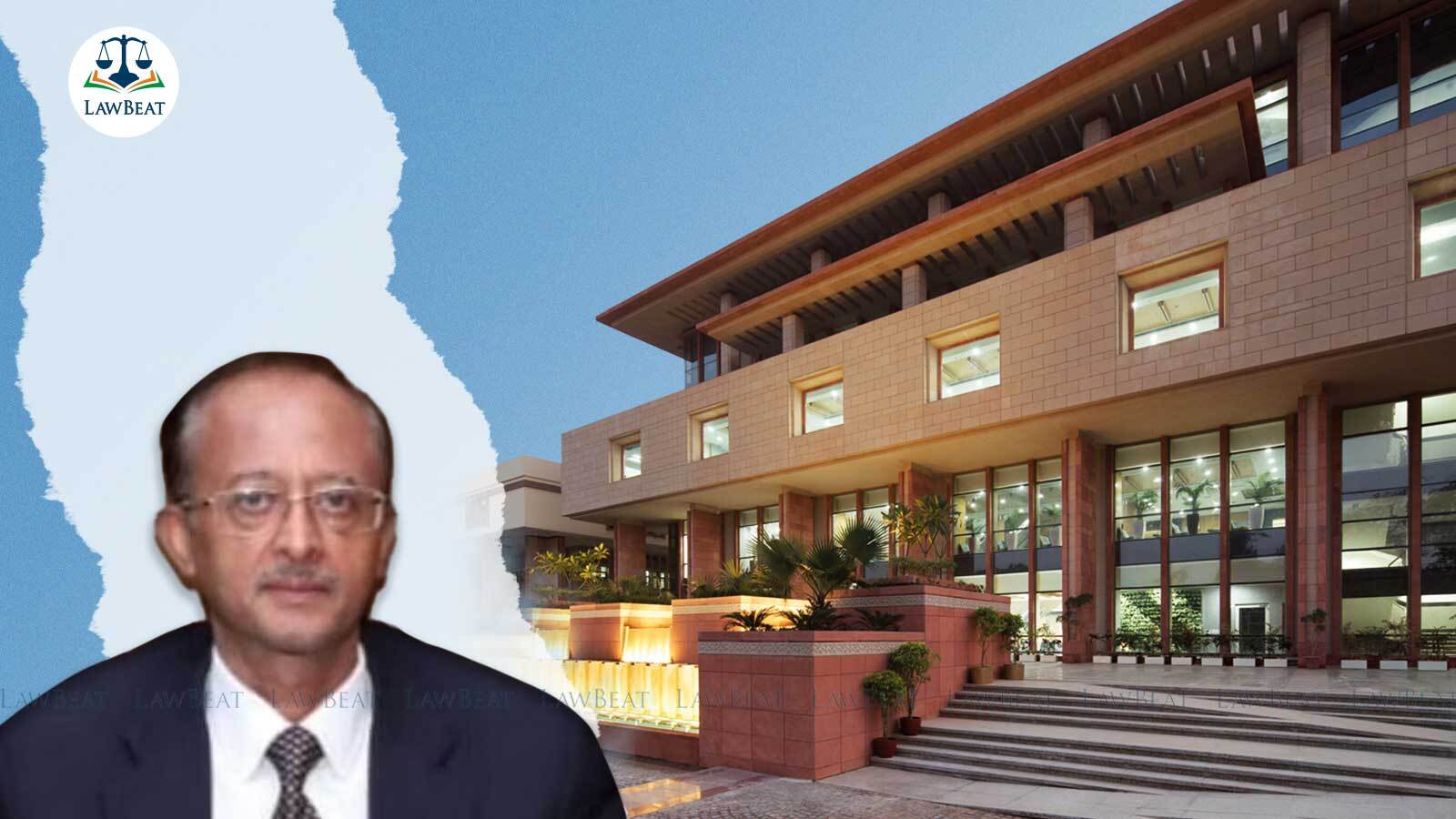Framing Questions Under Section 313 CrPC Without Isolating Incriminating Evidence Impedes Fair Defense: Delhi HC

Court stressed that Section 313 CrPC functioned to prevent the recording from becoming a mere procedural requirement and instead provided the accused with the opportunity to clarify incriminating evidence
The Delhi High Court has held that framing questions while recording statements under Section 313 Criminal Procedure Code, 1973 (CrPC) each piece of incriminating evidence must be put separately for the accused to articulate the defense.
The court noted the manner in which the trial court had framed the questions, combining the entire testimony of a witness into a single question, and deemed it ambiguous. This approach likely prevented the accused/petitioners from providing specific answers, court opined.
Court held that the process of recording statements under Section 313 CrPC was carried out casually, without individually addressing each incriminating piece of evidence.
The bench of Justice Anoop Kumar Mendiratta said, "The exercise appears to have been undertaken in a causal manner without separately putting out each piece of incriminating evidence. It may be virtually impossible for the accused to articulate his defence against such a question. The process of framing the questions in such a manner, in fact, impedes the process of arriving at a fair decision”.
Two petitions were submitted seeking the cancellation of specific questions posed during the recording of petitioner’s statements under Section 313 of the Criminal Procedure Code, 1973 (CrPC). These petitions stemmed from the accused's trial for offences outlined in Sections 7, 12, and 13(2) in conjunction with Section 13(1)(d) of the Prevention of Corruption Act, 1988 (PC Act), subsequent to the testimony of 76 witnesses.
Senior Advocate Ramesh Gupta, representing the petitioners, contended that the questionnaire merely replicated the examination-in-chief of the witnesses, lacking cross-examination. Gupta argued that instead of presenting each incriminating piece of evidence distinctly, questions were framed by reproducing the entire witness testimony, thus failing to serve the purpose of Section 313 CrPC. Furthermore, the questions were criticized for ambiguity and failing to specify which part of the witness's deposition constituted incriminating evidence. Special Public Prosecutor Mridul Jain appeared for the CBI.
The court highlighted that recording statements under Section 313 CrPC aims to provide the accused with a chance to address circumstances presented against them. “The same is based on cardinal principle of natural justice i.e. audi alteram partem and the purpose is to ensure that the accused gets an opportunity to put an explanation to the incriminating circumstances on record which may be considered against him”, the court underscored.
Furthermore, the court highlighted that the trial court is tasked with ensuring thorough questioning to prevent any material omissions or inadequacies that could unfairly prejudice the accused. It is firmly established that statements under Section 313 CrPC are not given under oath and do not constitute evidence under Section 3 of the Indian Evidence Act, 1872 (IEA), court noted.
Additionally, the bench reiterated “that the statement under Section 313 Cr.P.C. is not on oath and does not qualify as a piece of evidence under Section 3 of the Indian Evidence Act but the inculpatory aspect borne from the statement, may be used to lend credence to the case of prosecution. The circumstances which are not put to the accused while recording the statement may have to be excluded from consideration, if no opportunity is afforded to accused, to explain the same”.
Furthermore, recognizing the vital purpose of these statements, Sub-section (5) of Section 313 Cr.P.C. was introduced through an amendment that allows the court to enlist the assistance of the Public Prosecutor and Defense Counsel in formulating relevant questions for the accused, the bench stated, “The very purpose of the amendment was that the recording of statement under Section 313 Cr.P.C. does not remain ritualistic but in its true objective, the questions are put up in order to enable the accused to explain the incriminating circumstances appearing against him in evidence”.
Court observed that most questions in the questionnaire were structured similarly, presenting entire witness testimonies in single questions, which could impede the accused's defense. It stressed the need for separate presentation of incriminating evidence to allow for individual responses while referring to the case of Kalpnath Rai v. State, AIR 1998 SC 201.
Given these considerations, court directed the trial court to reassess the questionnaire and record the accused's statements under Section 313 CrPC, ensuring each incriminating piece of evidence is addressed separately. Additionally, a copy was sent to the Director of the Delhi Judicial Academy for training sessions on recording statements under Section 313 CrPC.
Case Title: Ajay Singhania v Central Bureau Of Investigation (2024:DHC:2304)
